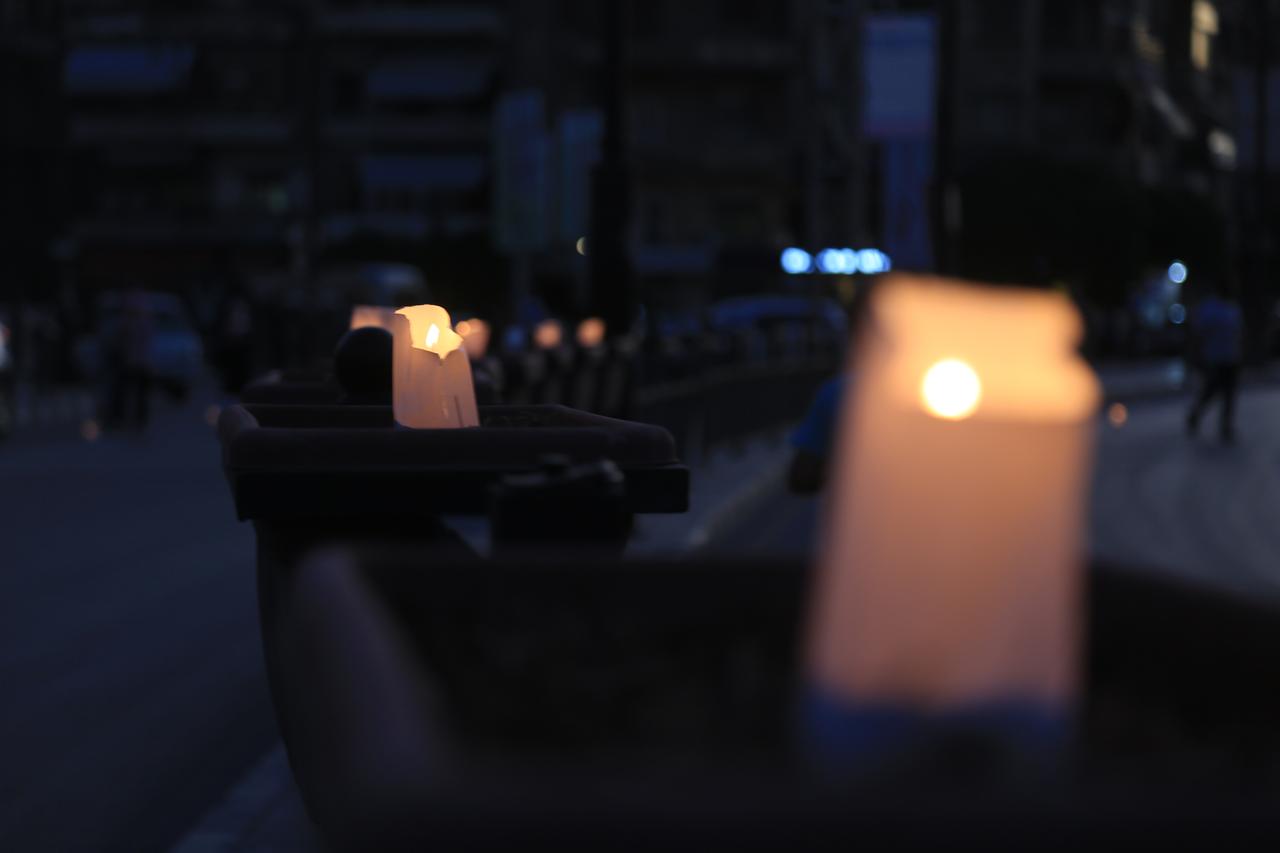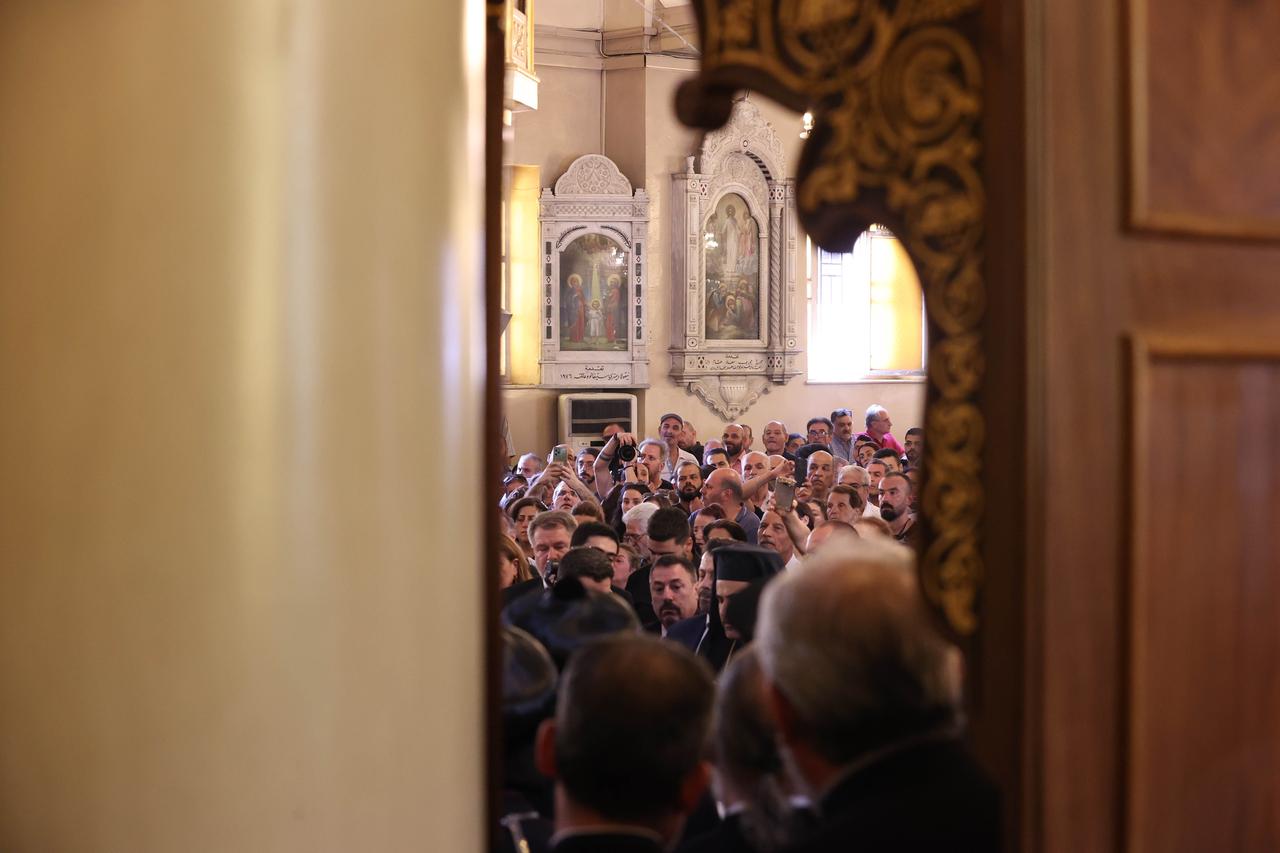
On Tuesday, the extremist group Ansar al-Sunna claimed responsibility for the deadly suicide bombing that struck Mar Elias Church in Damascus’ al-Dweilaa neighborhood on June 22.
The attack—the first of its kind in the capital since the fall of the previous regime—killed and injured at least 30 civilians from the Christian community.
On Tuesday morning, the extremist group Ansar al-Sunna released a statement claiming responsibility for the bombing.
The group named the attacker as Mohammad Zain al-Abidin and said the operation was in response to “provocations against the faith and its followers by the Christians of Damascus,” referencing a previous incident involving a religious outreach vehicle in the same neighborhood.
The group threatened further suicide attacks, affirmed the readiness of its fighters, and announced the “opening of the door to repentance” for those who “repent before it’s too late,” according to the statement.
The group has previously threatened members of the Alawite sect and has claimed responsibility for an earlier attack on the village of Arza in rural Hama. It has also issued explicit threats against anyone cooperating with the Syrian Observatory for Human Rights (SOHR).
Ansar al-Sunna Brigades is one of the latest extremist factions to emerge publicly in Syria following the fall of the former regime, first surfacing in February of this year.
The group has vowed to kill, burn, and forcibly displace religious and ethnic minorities. It has claimed dozens of deadly attacks and has been linked to the burning of forests and farmland in targeted areas. The group operates under the slogan “We will come with knives to harvest your heads.”
So far, the group remains decentralized and covert, without any known permanent base. According to sources cited by Independent Arabia, the group is believed to be small in number, operating in isolated and secondary cells. It is thought to be composed of former members of Hay’at Tahrir al-Sham (HTS), possibly ex-Daesh militants, and other individuals from diverse backgrounds, alongside newly recruited civilians.
The group is led by a mysterious figure known as Abu Aisha al-Shami, whose real identity and location remain unknown. Its religious affairs are reportedly overseen by another individual known as Abu al-Fath al-Shami.

The bombing of Mar Elias Church represents a dangerous escalation in Syria’s ongoing sectarian violence and a grim reminder of the threat posed by extremist ideologies.
As indications grow of the spread of radical thought, there is an urgent need for serious and coordinated security and societal efforts to confront this threat—ensuring the protection of all religious and ethnic communities, free from political or media manipulation.